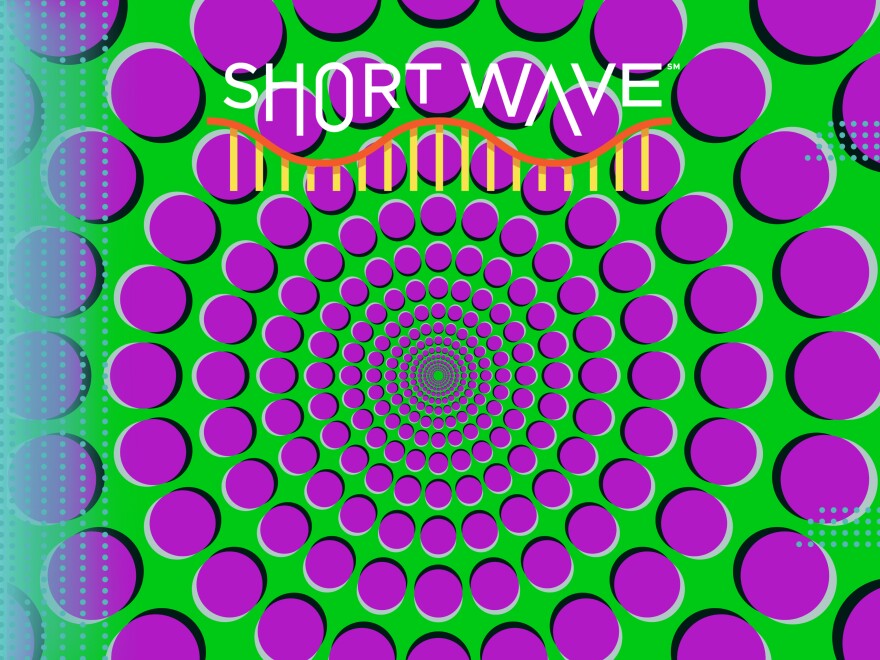A grayscale ballerina who appears to be moving. A human who can fit in a doll box. A black-and-white prism which appear to change shape when viewed from three different directions.
Those are the top winners of the 2024 Best Illusion of the Year Contest, open to illusion makers around the world.
The contest was co-created by neuroscientist and science writer Susana Martinez-Conde. After 20 years, Martinez-Conde is still amazed that novel illusions keep coming in — submitted by artists, magicians, vision scientists and illusion makers all over the world.
"Illusions are fundamental to the way that we perceive the world — the way that, frankly, we exist as human beings. Illusions are a feature and not a bug," she told NPR's Short Wave podcast.
All illusions are perceptual experiences that do not match physical reality.
Aristotle was one of the first to document an illusion in nature, the so-called "waterfall illusion," or motion aftereffect. When someone watches a moving stimulus, such as a river, a nearby stationary object, like a rock, may also appear to move. Other famous illusions include "Rotating Snakes," which Martinez-Conde has studied as part of her research into peripheral drift.
As a scientist, Martinez-Conde sees as illusions as an opportunity to study how the human brain constructs perceptions of the world. "We can analyze the neurons and the brain circuits that support neural activity that matches perception, and those could be part of the neural basis of consciousness."
Voting for the 2025 Best Illusion of the Year will take place next year. The online contest is run by the non-profit Neural Correlate Society.
Have a neuroscience question? Email us at shortwave@npr.org.
Listen to every episode of Short Wave sponsor-free and support our work at NPR by signing up for Short Wave+ at plus.npr.org/shortwave.
Listen to Short Wave on Spotify and Apple Podcasts.
This episode was produced by Berly McCoy and edited by our showrunner Rebecca Ramirez. The fact checker was Tyler Jones. The audio engineer was Maggie Luthar.
Copyright 2025 NPR










